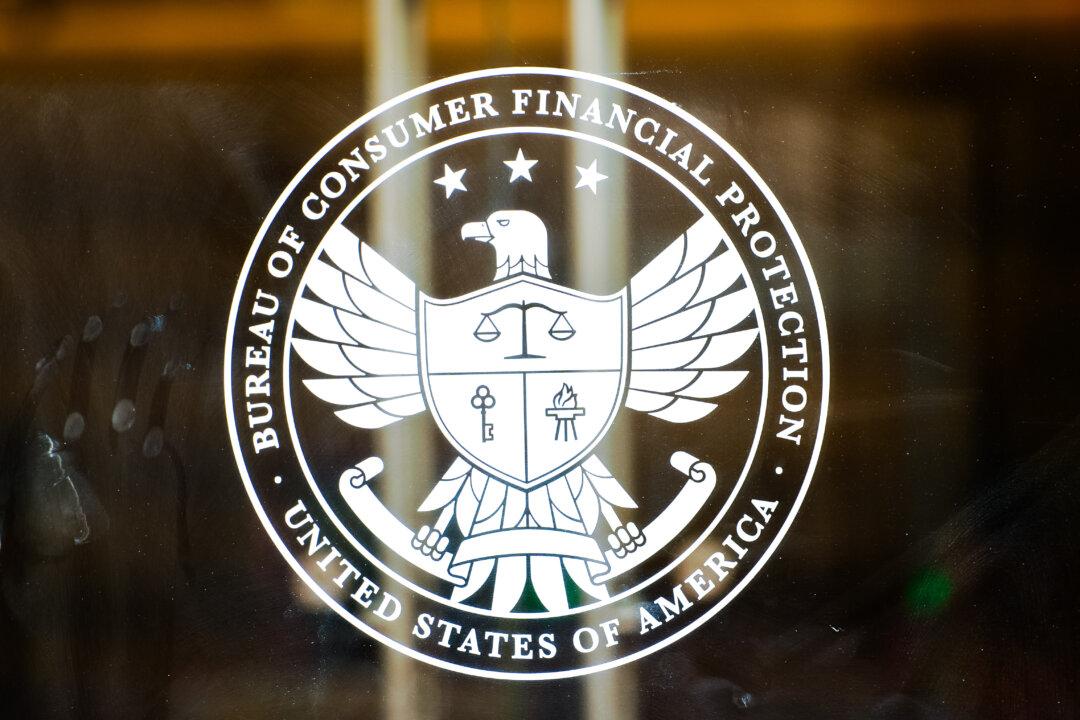The Consumer Financial Protection Bureau (CFPB) has issued a circular notifying the financial sector against engaging in any deceptive contract terms with customers.
The circular warned companies about using illegal or unenforceable terms in consumer financial products and services contracts.





